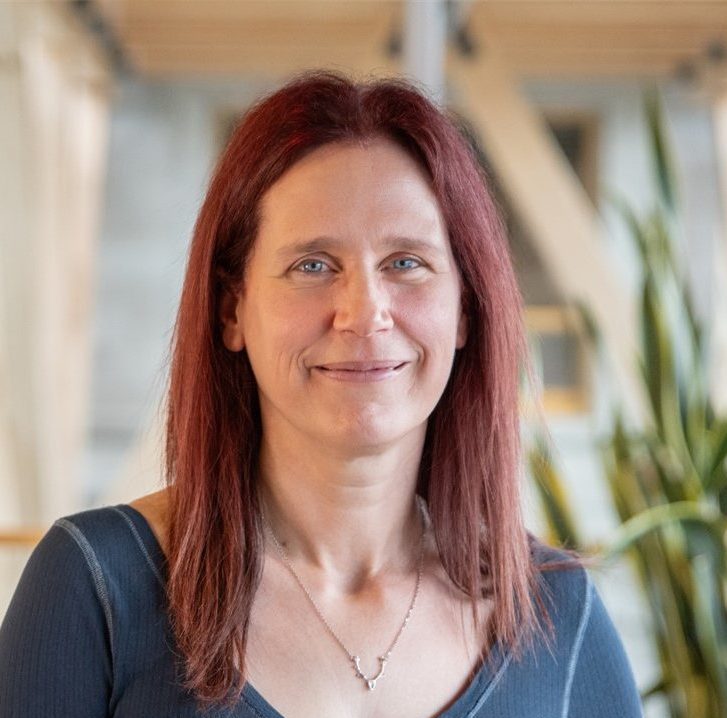Evelyne Thiffault – Environment: What Does the Future Hold for Our Grandchildren?
What Does the Future Hold for Our Grandchildren in Terms of the Environment?
 In this video segment, Evelyne Thiffault, professor and researcher in forestry and climate change, offers a clear-eyed yet hopeful reflection on the environmental challenges future generations will face. She discusses the major pressures already weighing on our planet: global warming, wildfires, floods, and ecosystem disruption.
In this video segment, Evelyne Thiffault, professor and researcher in forestry and climate change, offers a clear-eyed yet hopeful reflection on the environmental challenges future generations will face. She discusses the major pressures already weighing on our planet: global warming, wildfires, floods, and ecosystem disruption.
These phenomena, exacerbated by climate change, threaten biodiversity and weaken forest resilience. And yet, forests also represent a vital part of the solution. Évelyne Thiffault highlights their central role in addressing environmental upheavals, emphasizing the importance of forest ecosystem adaptation, sustainable forestry, and the responsible management of natural resources. She also stresses the potential of bio-based materials, whose increased use offers a powerful lever for mitigating climate impacts and supporting the transition to a low-carbon economy.
She underscores the crucial importance of science and collective action in shaping political and economic decisions. Science, she reminds us, is not just about observation or measurement—it offers concrete pathways forward, grounds our choices in rigorous knowledge, and serves as an essential guide amid the uncertainties of our environmental future. Among the key solutions she puts forward are the adaptation and restoration of forest ecosystems—critical to enhancing their resilience—as well as the development of bioenergy with carbon capture and storage, a promising approach to lowering emissions while making use of renewable resources.
Her message is clear and hopeful: we still have time to act. By investing in innovation, education, and ambitious climate policies, we can build a future that is both viable and resilient. By valuing renewable resources and rethinking our relationship with nature, we can offer our grandchildren a healthy planet, rich with possibility.
To explore more answers to questions raised in Université Laval’s video booth, check out: Science, Not So Complicated!

